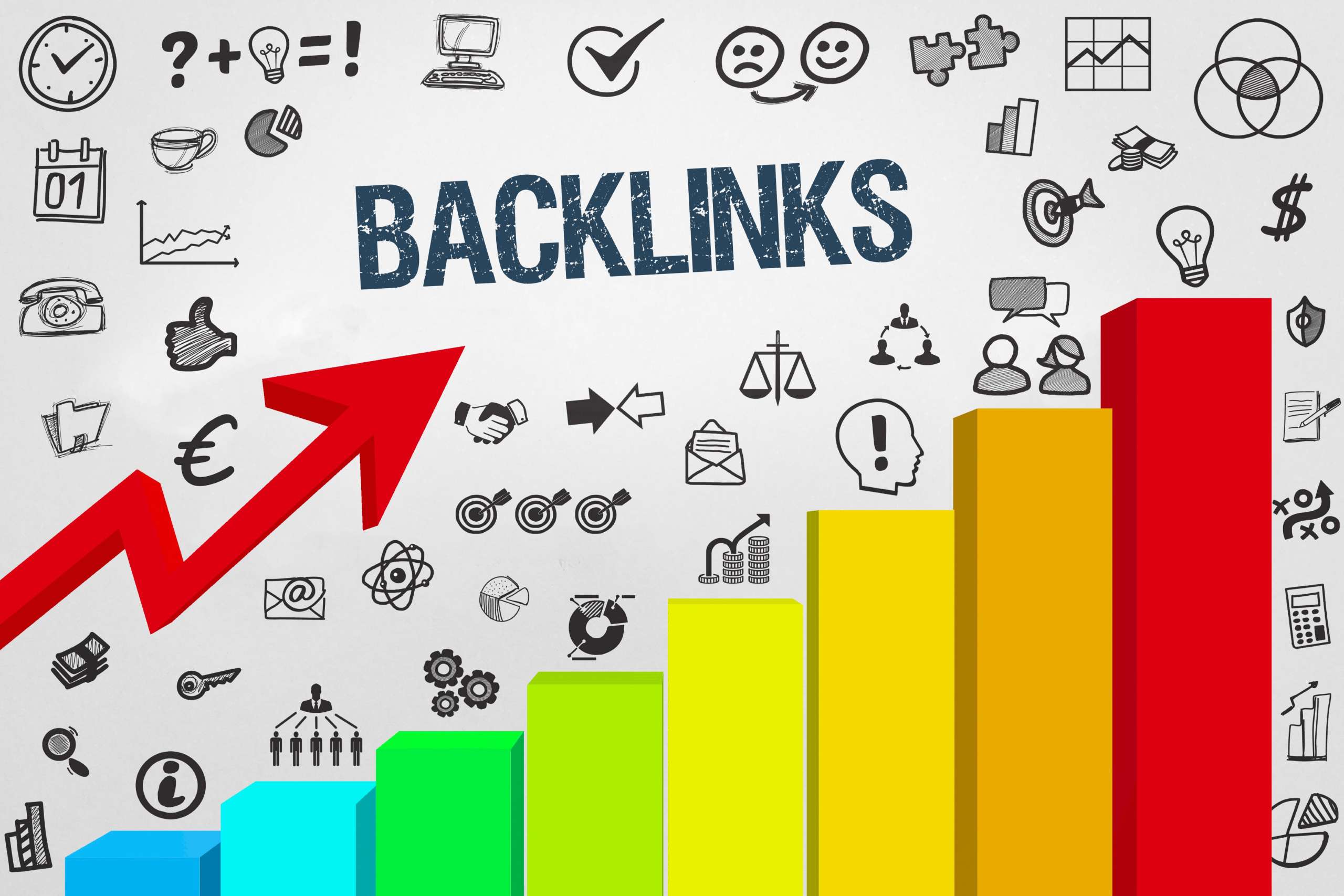Gaining inbound links and boosting website rankings via search engine optimization (SEO) was pretty easy with article directories in the past. If you ask Google, it was too easy to submit articles to a directory and gain tons of backlinks. Of course, backlinks are still important today, but it’s more about quality than quantity these days. As a result, the previously effective strategy of gaining numerous backlinks via directories is now obsolete and even potentially harmful due to how Google changed their algorithms. If you’ve been out of the SEO game for a while, you need to understand why directory links are now considered obsolete and what strategies you should be focusing on instead.
The Rise of Directories in Early SEO
In the early 2000s, directories played a huge role in digital marketing and SEO. They were incredibly simple to use: webmasters submitted their site information and articles to these directories, and the directories gave them backlinks to their websites. As mentioned above, backlinks are a primary factor in search engine rankings, and they still are today. Directories were a way of gathering many backlinks quickly, and this was a great strategy at the time because Google would weigh the number of links without looking too hard at their quality.
Directories like EzineArticles, GoArticles, and others flourished, and businesses used them to boost their SEO rankings without putting in much effort. Again, at the time, more links automatically meant better rankings. Eventually, this practice made low-quality, spammy content that offered little value to users too prevalent.
Google’s Algorithm Changes
The main event that caused such a dramatic shift was Google’s Penguin update in 2012, which addressed spammy link-building practices, like gaining links from low-quality directories. Google wanted to improve search results by punishing websites that used what they described as manipulative tactics. As a result, the Penguin update shifted the algorithm to focus more on the quality of backlinks instead of just the quantity of backlinks, reducing the viability of directories as an SEO strategy.
Later updates made Google’s better at assessing link quality, with a larger emphasis on the relevance and authority of linking domains. Today, links from low-quality directories aren’t just ineffective—they can actually hurt a website’s SEO. Therefore, directories tend to be worthless for SEO purposes these days.
The Decline of Directory Links
One direct result of Google improving its algorithm was the value of directory links plummeting. Directories that provided easy backlinks in the past started getting de-indexed, and therefore became much less effective. Now, Google’s algorithms actively ignore links from most directories, unless they’re highly reputable with strict editorial oversight, which is extremely rare. Many once-popular directories no longer exist as a result, and those that do either pivoted to other business models or greatly reduced their operations.
Why Directory Links Are Considered Outdated
These days, the focus has shifted to earning links naturally through high-quality, valuable content instead of just gathering tons and tons of links from anywhere. Today’s links need to come from authoritative, relevant, and trustworthy sources, which are criteria that directories fail to meet. They usually don’t have the same level of editorial scrutiny or relevance as other link sources, like guest posts on respected industry blogs.
You can also harm your site’s reputation by using directory links. Google’s continuous updates focus on identifying and devaluing low-quality links, so sites that continue to use directory links risk being flagged for engaging in manipulative link schemes. Today, your links need to focus on quality, relevance, and user value.
SEO Alternatives to Directory links
If you’ve been out of the SEO game for a while, you need to shift the focus away from directory links. Here are some strategies you can use instead:
- Content Marketing: Creating high-quality, relevant content that answers your audience’s questions and provides value is one of the best ways to earn natural links.
- Guest Blogging: Contributing articles to reputable blogs in your industry can help you gain exposure and authoritative backlinks.
- Social Media: Leveraging social media platforms to share your content can increase its visibility and attract natural backlinks.
- Outreach and Relationships: Building relationships with influencers, bloggers, and industry experts can lead to natural link opportunities through collaborations and mentions.
Adapting to these modern SEO tactics will help you stick to Google’s guidelines and improve your site’s authority and ranking in a sustainable way.
The SEO Impact of Directory Links
It’s unfortunate, but the time when directories were a viable SEO strategy is long gone. Google’s algorithm updates made quality and relevance the foundation of effective SEO. Relying on obsolete tactics like directory links wastes time and resources while risking penalties that can be difficult to recover from. When you shift your focus to creating valuable content and earning links naturally, you can build a strong, sustainable SEO foundation that aligns with the current standards set by search engines.
Staying informed and adaptable is key to maintaining and improving your website’s search engine rankings when things like this shake up the SEO industry. For the foreseeable future, quality will always trump quantity.





